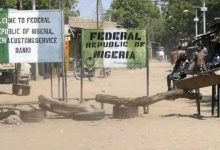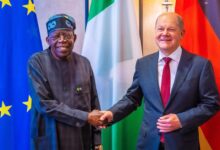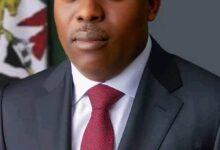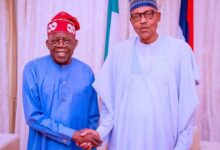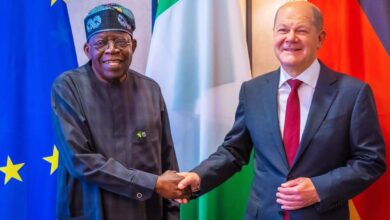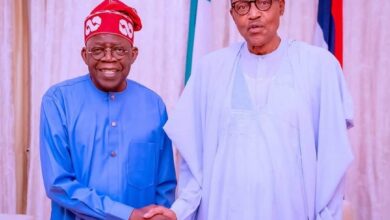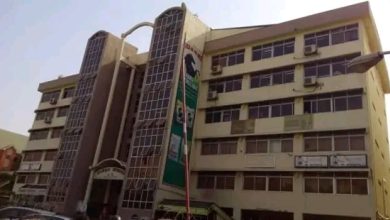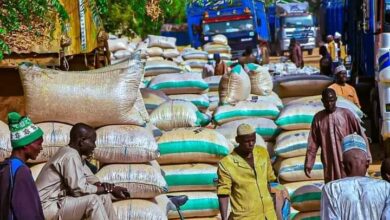Exploring the Bustling City of Abuja: 30 Neighborhoods to Check Out
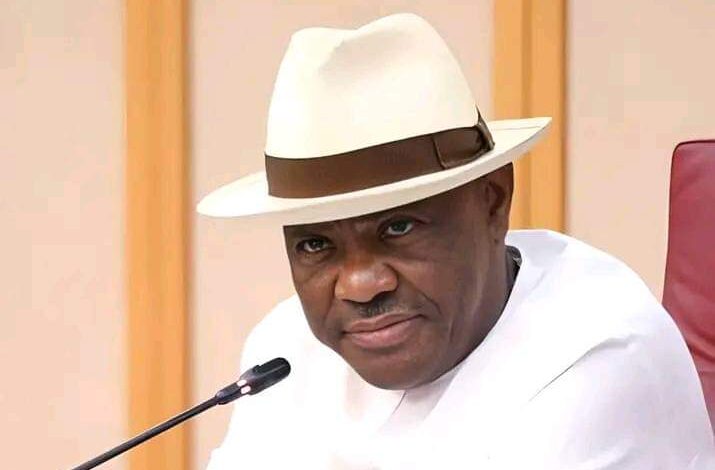
Exploring the Bustling City of Abuja: 30 Neighborhoods to Check Out
Are you planning a visit to Abuja, Nigeria’s vibrant capital city? As you prepare to explore this bustling metropolis, make sure you add the neighborhoods on our list to your itinerary to get the most out of your visit. Recently, the new FCT Minister Nyesom Wike announced plans to renovate and upgrade these 30 neighborhoods to make them better living spaces for residents and visitors alike. Let’s delve into the diverse neighborhoods that make up Abuja.
1. Apo Mechanic Village: A bustling hub for auto mechanics and car dealerships.
2. Byanzhin: A lively area with plenty of shops, restaurants, and street markets.
3. Dawaki: An upcoming neighborhood with trendy cafes and shops.
4. Dei Dei: A popular neighborhood for traders and farmers alike.
5. Durumi: A vibrant area with a mix of residential and commercial spaces.
6. Dutse: A quiet residential area with a suburban feel.
7. Garki: A central area known for its high-end restaurants and hotels.
8. Garki Village: A peaceful neighborhood with plenty of green space.
9. Gishiri: A historic neighborhood with old colonial-style buildings.
10. Gwagwalada: A university town with a lively student population.
11. Idu: A rapidly developing industrial area with a mix of residential and commercial spaces.
12. Jabi: A thriving neighborhood with plenty of shopping and entertainment options.
13. Kado Village: A peaceful residential area with easy access to shopping malls.
14. Karmo: A popular neighborhood with young professionals and expats.
15. Karshi: A fast-growing residential area with affordable housing options.
16. Karu: A bustling neighborhood with street markets and shopping centers.
17. Katampe: A serene residential area with picturesque views.
18. Ketti Village: A quiet residential area with tree-lined streets.
19. Kpaduma: A densely populated area with a vibrant community and plenty of street food.
20. Kabusa: A residential area with easy access to schools and hospitals.
21. Kpana Village: A peaceful area with wide streets and modern homes.
22. Kubwa: A bustling satellite town with plenty of shopping and entertainment options.
23. Lokogoma: A growing residential area with affordable housing options.
24. Lugbe: A large suburb with a mix of residential and commercial spaces.
25. Mabushi: A trendy neighborhood with plenty of restaurants and cafes.
26. Mpape: A rapidly developing area with a mix of residential and commercial spaces.
27. Nyanya: A lively neighborhood with busy streets and street markets.
28. Piya Kasa: A quiet residential area with affordable housing options.
29. Jikwoyi: A suburban area with residential and commercial spaces.
30. Galadima: A serene area with plenty of green space and picturesque views.
As you can see, Abuja offers a diverse mix of neighborhoods to explore. Whether you’re looking for a bustling urban center, a quiet suburb, or a vibrant university town, you’ll find it all in this exciting city. So, pack your bags and get ready to explore the sights and sounds of Abuja!
UNICEF to provide $270 million to Nigeria to alleviate suffering of poverty
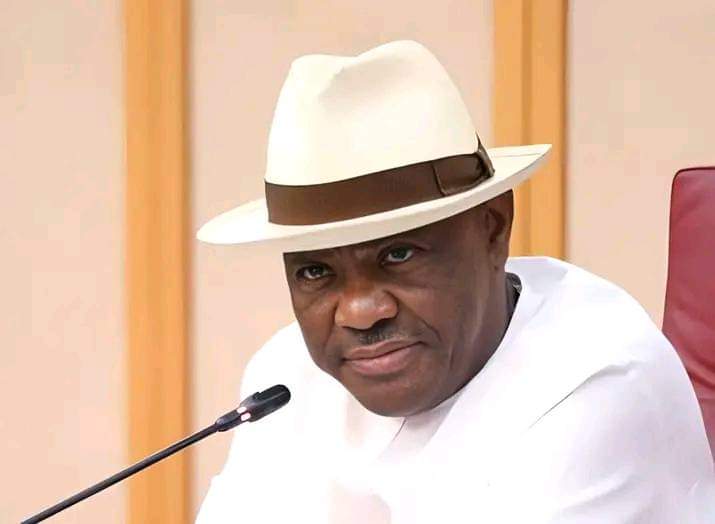
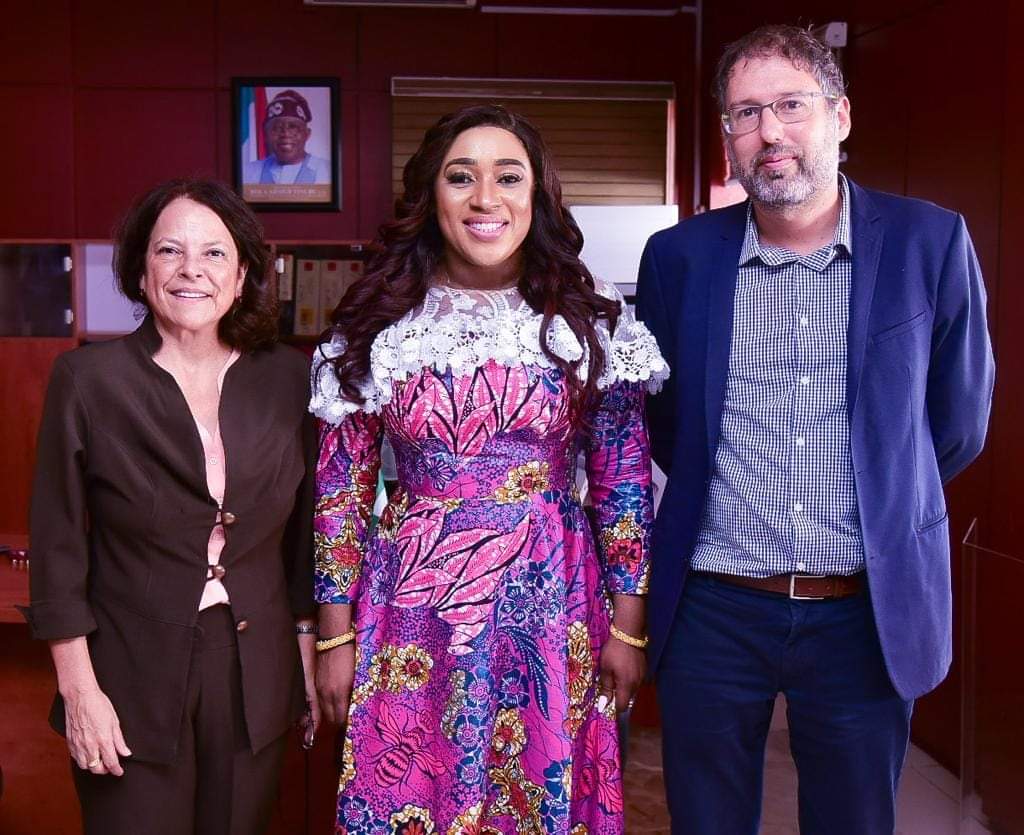
UNICEF said it would provide Nigeria with cash support of up to US$270 million (approximately 220 billion naira) to reduce poverty and cost of living for Nigerians.
This was confirmed by UNICEF Health Chief Christian Mondat during a visit to Nigeria’s new Minister of Welfare and Poverty Alleviation, Dr Beta Edu.
In addition, UNICEF said it would provide Nigeria with equipment and training to help them gain an in-depth understanding of the federal government’s anti-poverty programs.
In her speech, Dr Beta Edu welcomed UNICEF’s support, telling them of her determination to lift 133 Nigerians out of poverty.
The minister said she welcomes any help that can make this happen in a short period of time “for Nigerians to witness”.
Everything that affects Niger affects the North, that’s why we don’t accept the use of the military in Niger, says Farida Bakori
Hajiya Farida Umar Bakori, President of the Union for Peace and Welfare of Young Men and Women, called out the ECOWAS Union for not using the military as a means of peace in Niger, saying that everything that affects Niger affects Nigeria. north.
Farida Umar Bakori made the remarks while explaining the group’s position on the use of military operations in Niger to restore democracy at a press conference organized by the group.
She said it was unthinkable to take military action or fight with Niger, given the long historical, cultural, religious, political, economic and people-to-people ties between Nigeria and Niger.
In his speech, the president of the association added that all countries help each other in the security situation and Niger has helped Nigeria many times from sabotage and terrorism, more based on the response of refugees from the Northeast and the West.
Hajiya Farida Omar said there was also an agreement that the two countries would never be hostile or fight each other, so there should be no war in Niger.
Bakori said that ECOWAS’ position on the use of the army is that the soldiers used will be from Nigeria and Senegal, and given the way the army works, there is no doubt that Nigeria is facing an economic crisis. He made a lot of comments about their fight with the police.
We therefore appeal to the President of ECOWAS and the President of Nigeria, Bora Ahmed Tinub, not to rush into a war with no end date that would also lead to mistreatment of both countries.
Farida Umar Bakori also mentioned that the Union has loudly declared that they should not consider Nigeris as neighbors, but as brothers and sisters. Any military action would destabilize the region, in addition to causing Nigerien migration to the northern states, which could lead to lawlessness and killings.
The group also reminded Tinub that the slave war was only taking place in Niger, including other countries such as Burkina Faso and Mali, as well as Russia, which wanted to expand its occupation to African countries.
For these reasons, the president of the association said they appealed to ECOWAS President Tinub to add time to the reconciliation talks and to revisit the extremely difficult measures and sanctions imposed on the country. Niger.
The organization also advised the Nigerian government not to use Nigerian money to fight, but to use it for the development of the country, investing in areas such as electricity, agriculture, education and security.
arewanah
